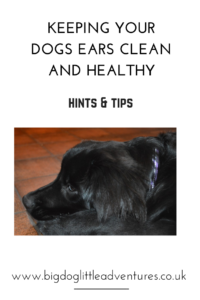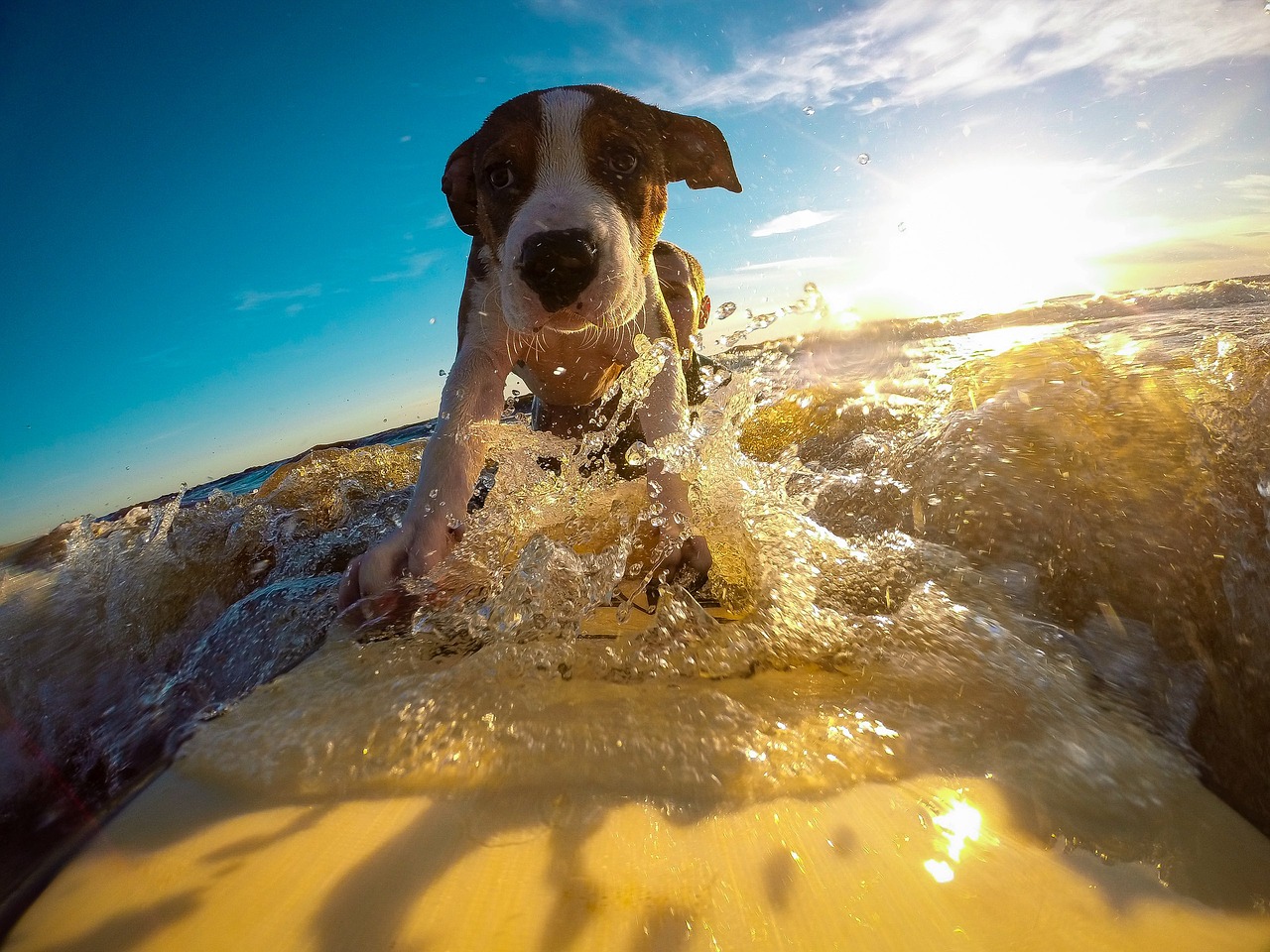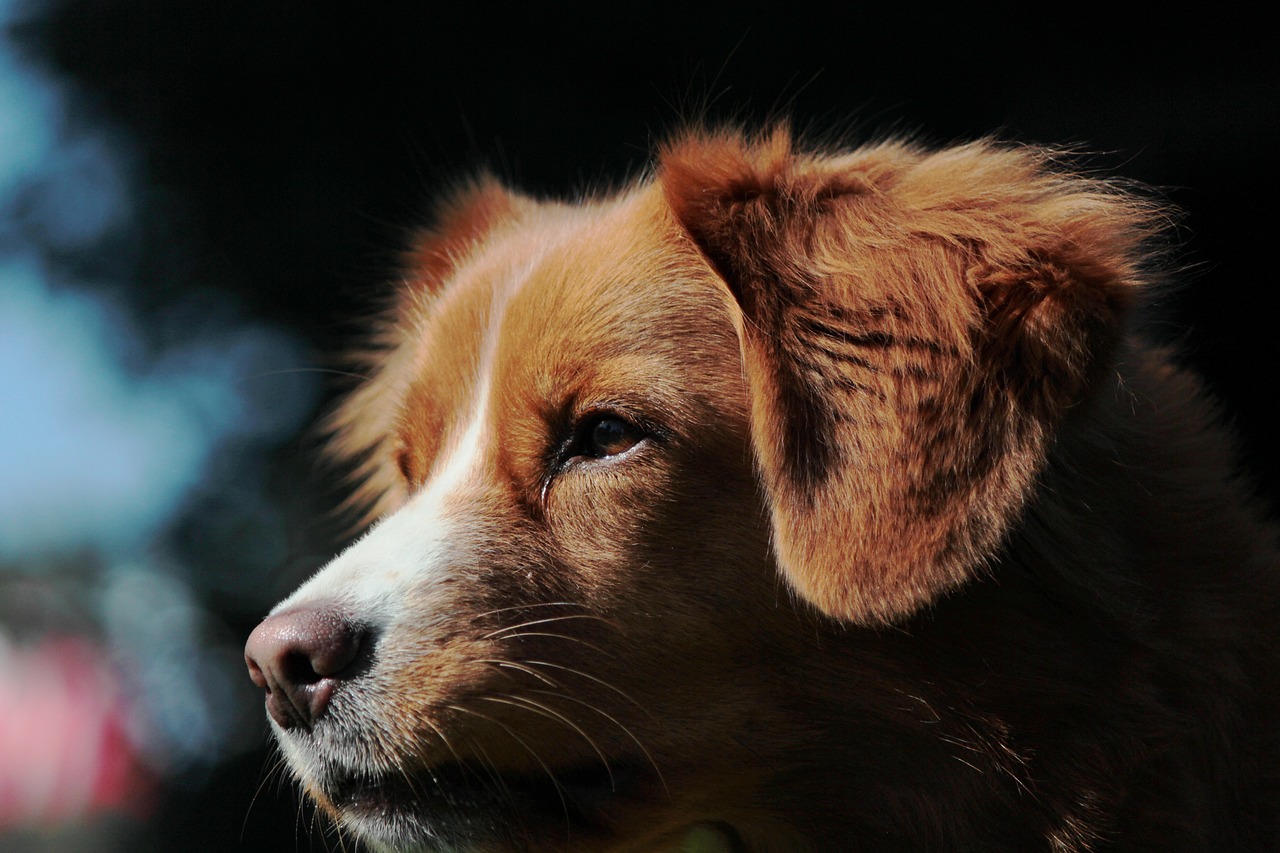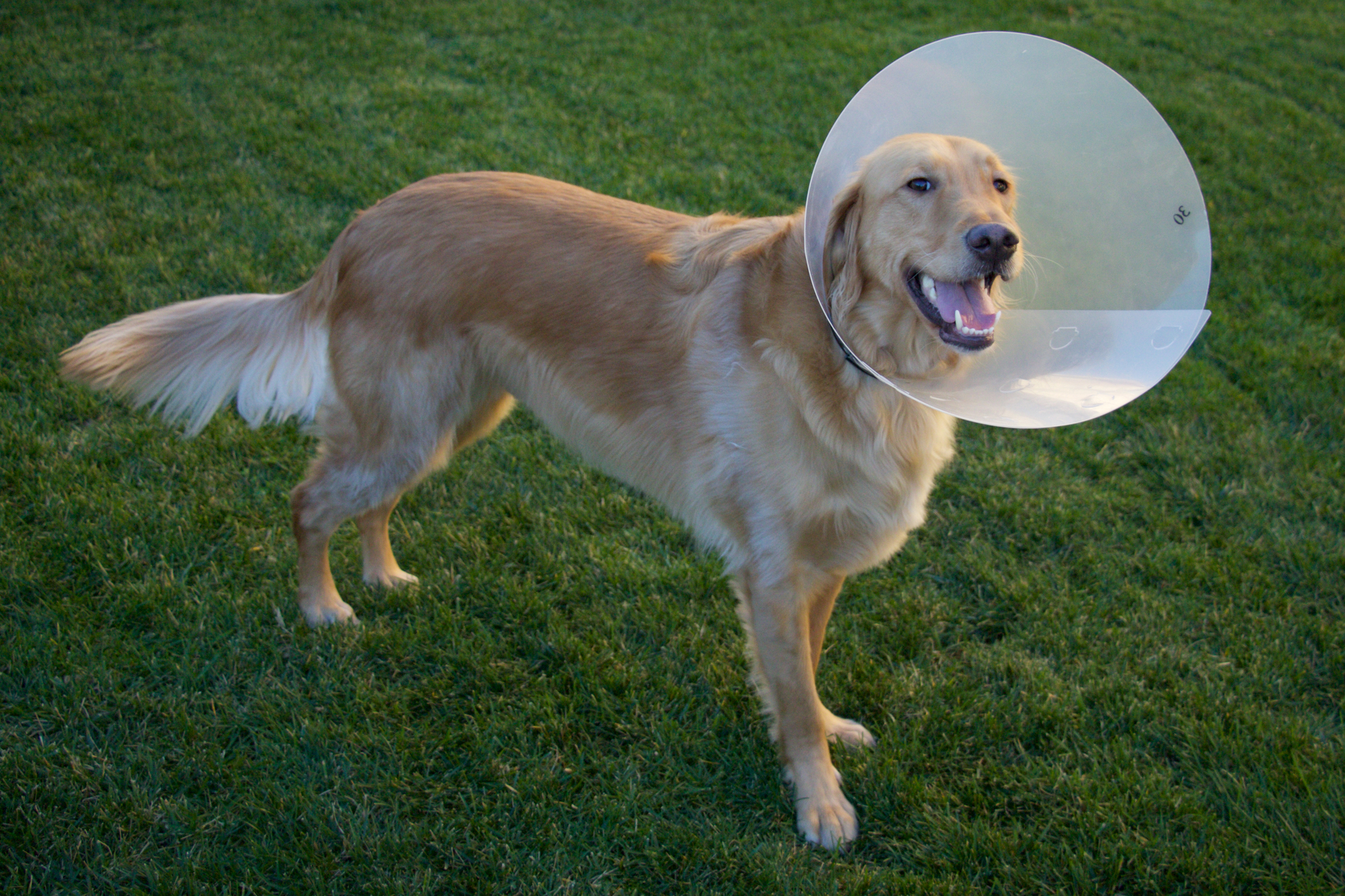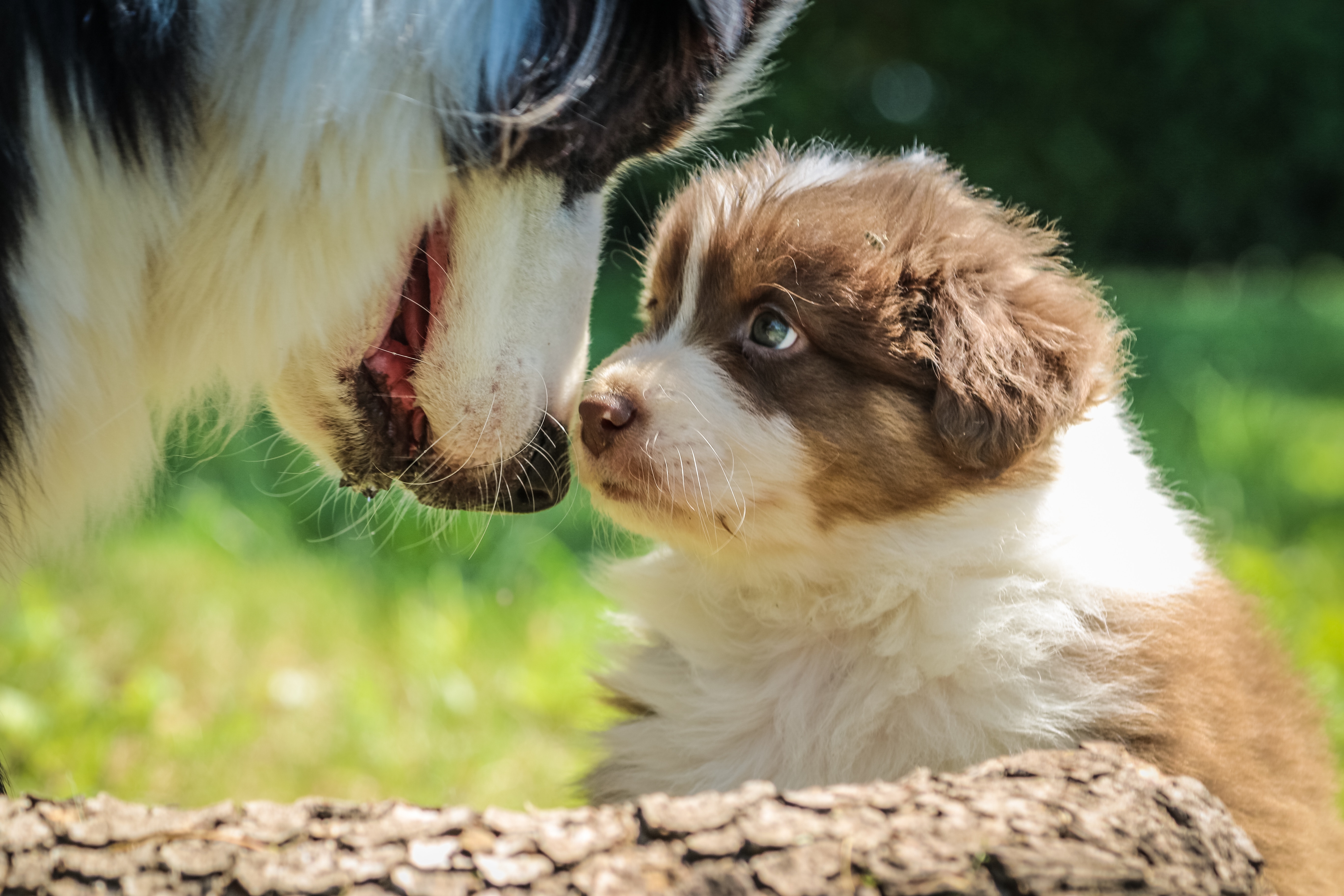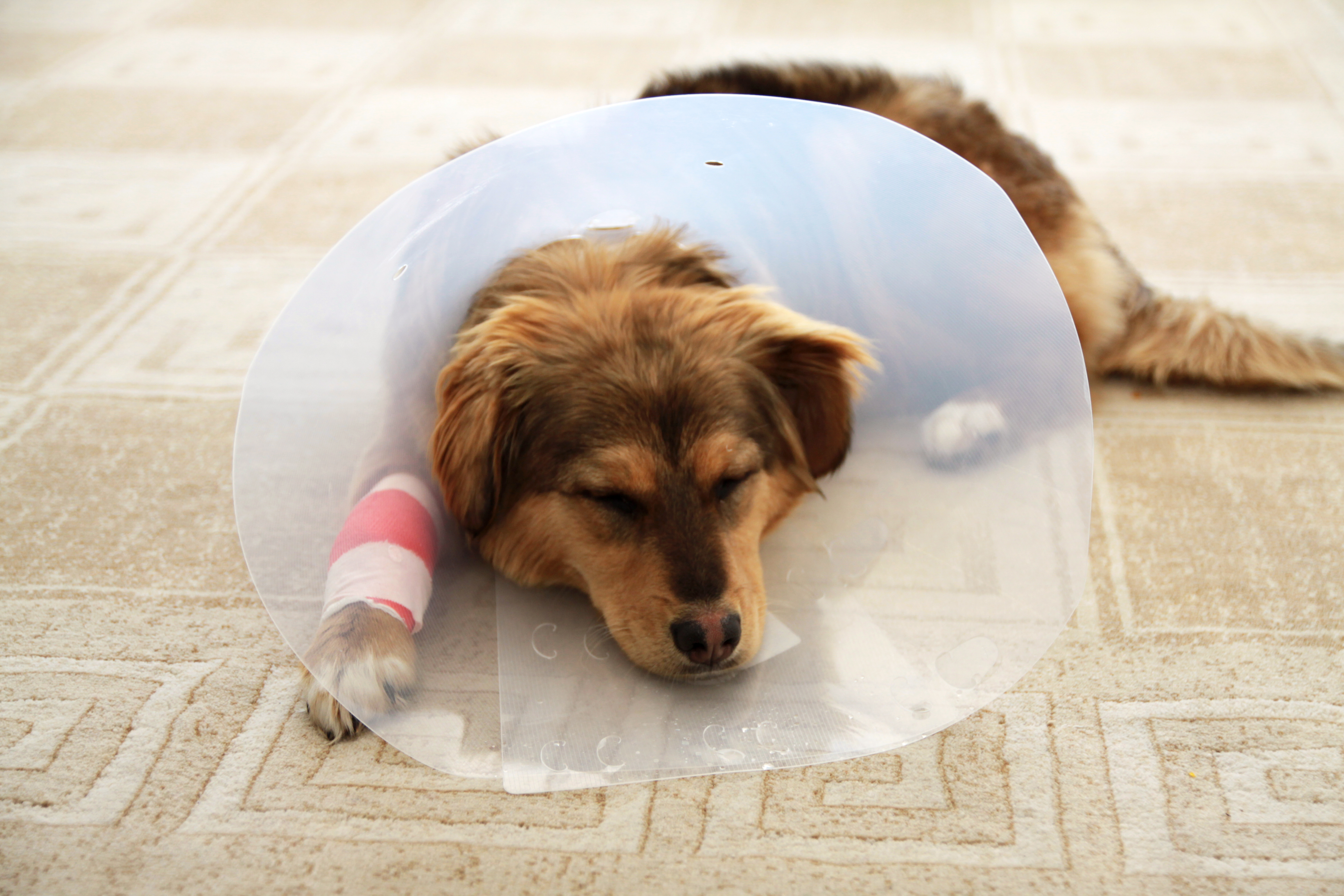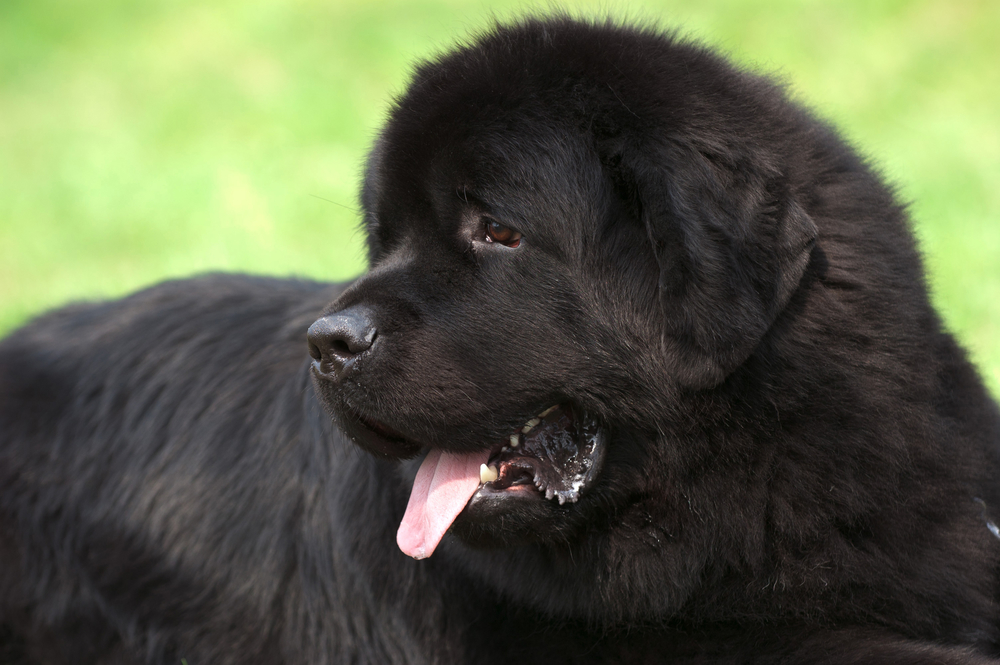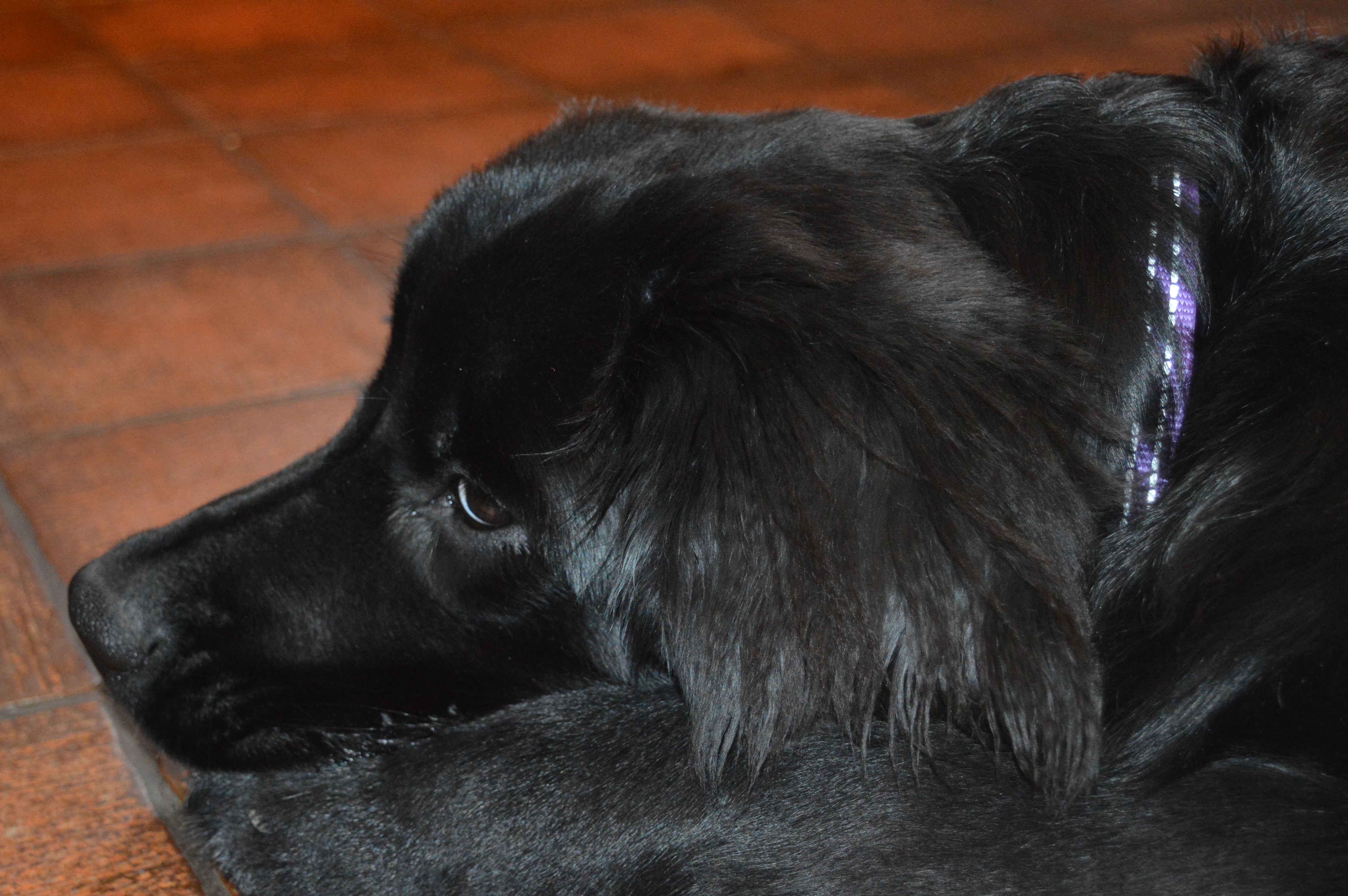Tips On keeping Your Newfoundland’s Ears Clean and Healthy
Newfoundlands are great dogs true workhorses; they have real lifesaving instincts in the water and are a master in long-distance swimming. They are big and strong, and have a thick fur and a thick undercoat to shelter them all through rescue work in freezing water. Their grooming requirements may change due to the season; they needed extra grooming during fall shedding periods and also during spring. Their ears should be cleaned and nails clipped every 4 to 8 weeks.
As a dog owner, one of the most important tasks for grooming your dog is to keep the ears clean and free of hair and dirt. Dogs have very sensitive ears and this function can be a challenge for many dog owners who perform this procedure alone. In this article, we will discuss the proper way to clean your dogs ears and why it is very important to your puppy’s overall health.
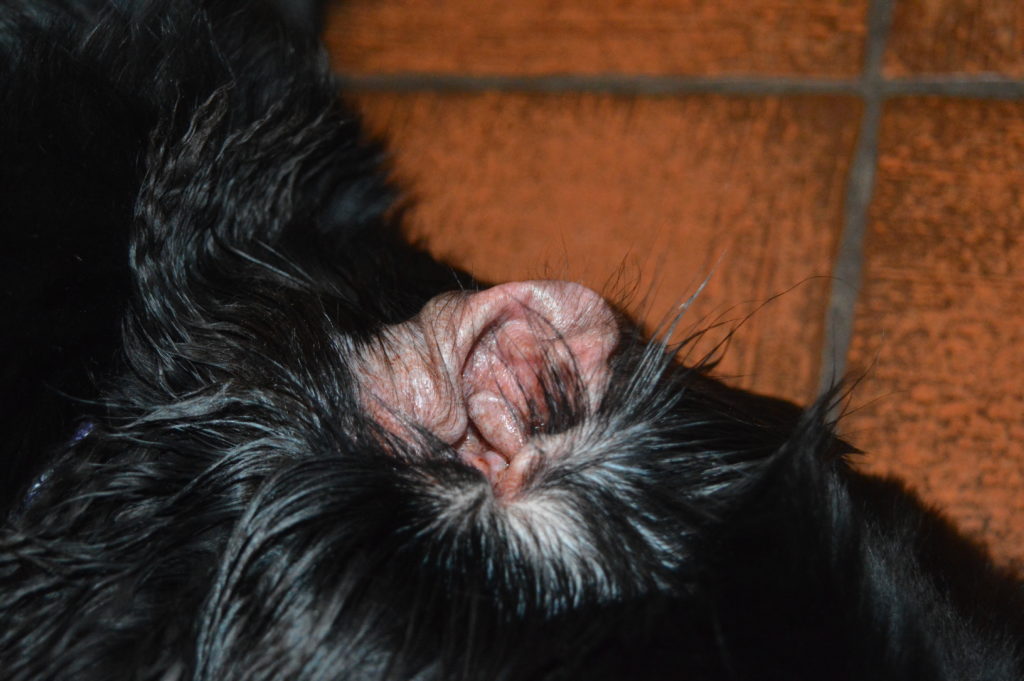
Dogs enjoy having their ears rubbed, but if they are tender from an injury or infection, your dog will most likely pull away from you disinclined to have them touched. Therefore, softly massaging your pup’s ears is the first step in verifying their condition. If you observe that your dog is sensitive to your touch, it is time to take a closer sniff in the ears. Yes, I mean sniff your dog’s ears. Healthy ears have no odour. Get used to sniffing their ears, starting from the puppy stage, so you know how they smells naturally. If the ear smells like yeast or downright stinky, it is likely that a bacterial or yeast infection is developing.
Ear infections are very common in Newfoundland’s. Therefore, it is a good strategy to trim the hair around your pup’s ears so that air can circulate freely. Making it a habit to examine your dog ears will help avoid serious infections. Dog ear cleaner should be used regularly,and can be purchased from an online pet shop, I love the Frontline Ear Cleaner, it is recommended to clean your dog’s ears weekly or monthly with ear care to ensure there are no ear problems that may need the attention of your veterinarian. The amount of times your dog ears are cleaned depends on how much time they spend in the water.
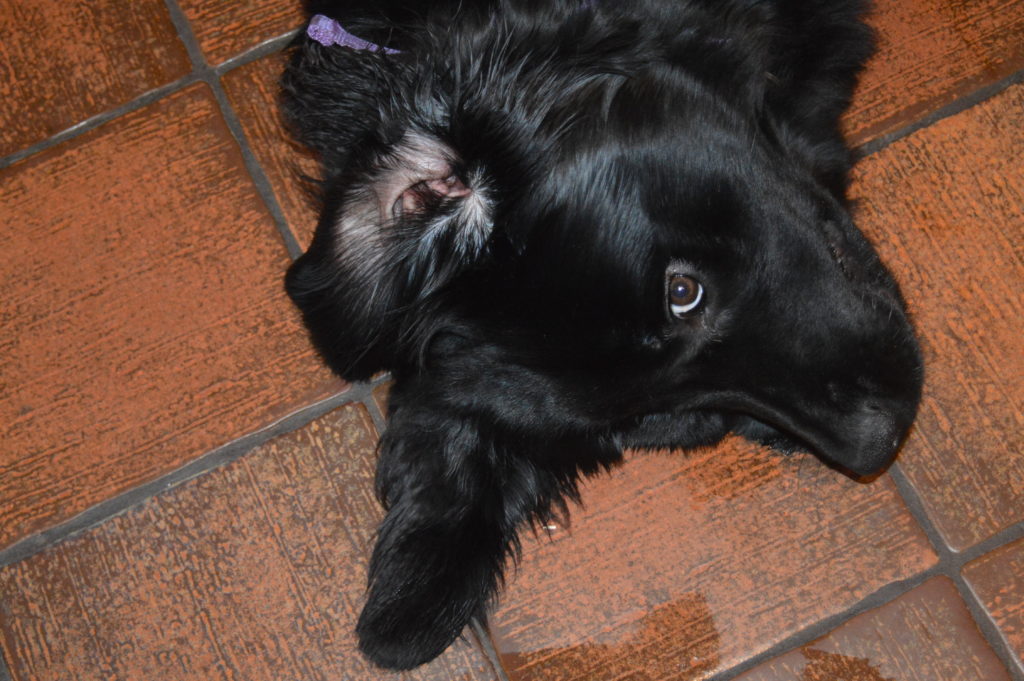
Clean your dog’s ears if they have a mild odour and occasionally when you observe them shaking their head. That may help stop an infection before it takes root. You should also clean your dog’s ears if the wax appears dirty grey instead of gold or if your dog’s ears seem waxier than usual. When a lot of wax builds up, it can prevent airflow in the ear and cause a bug in the surface ear canal.
To clean your dog ears, tip the dog’s head downward with one hand, and spurt a vet recommended cleanser gently into the ear, filling the canal. Keep the ear closed; give it a good massage, squishing the cleaner all over the ear. This will soften any substance inside. Now take a step back and let the dog shake. Clean any residual cleanser with a soft or dry cloth or tissue; don’t let it go any further than your finger’s first knuckle.
That is all you have to do. Do not mess roughly with cotton-tipped applicators. They can carry dirt deeper into your pup’s ear. Do not clean your dog’s ears with witch hazel or alcohol. They dry the dog’s ear and may sting if the dog has scratches inside its ear. Take your dog to the vet if the odours or the signs persist or worsen after cleaning the ears. It may require deep cleaning and a drop of antibiotic or ointment to resolve the infection.
We were provided with products from Petshop.co.uk, all thoughts and opinions are our own.
